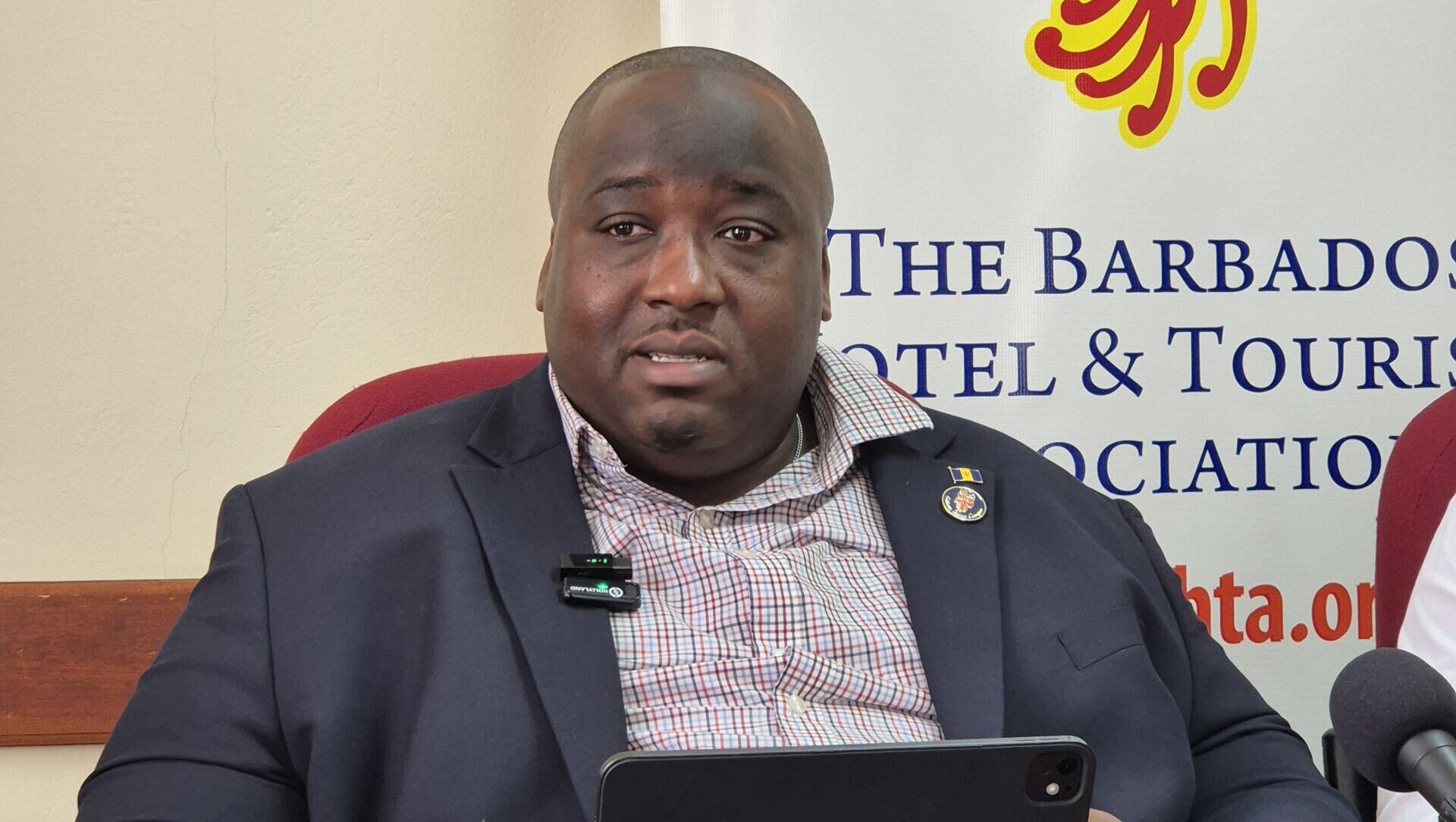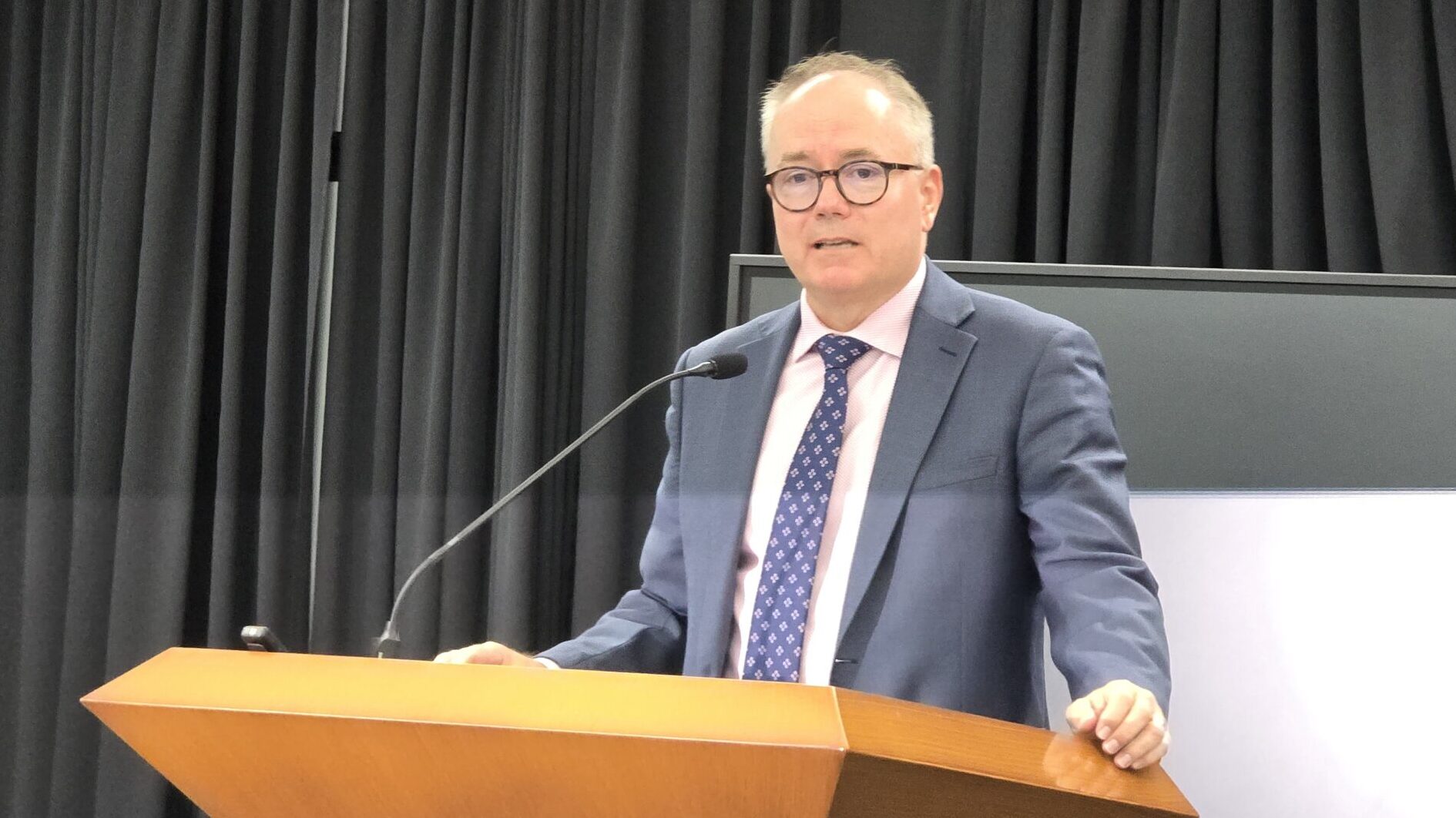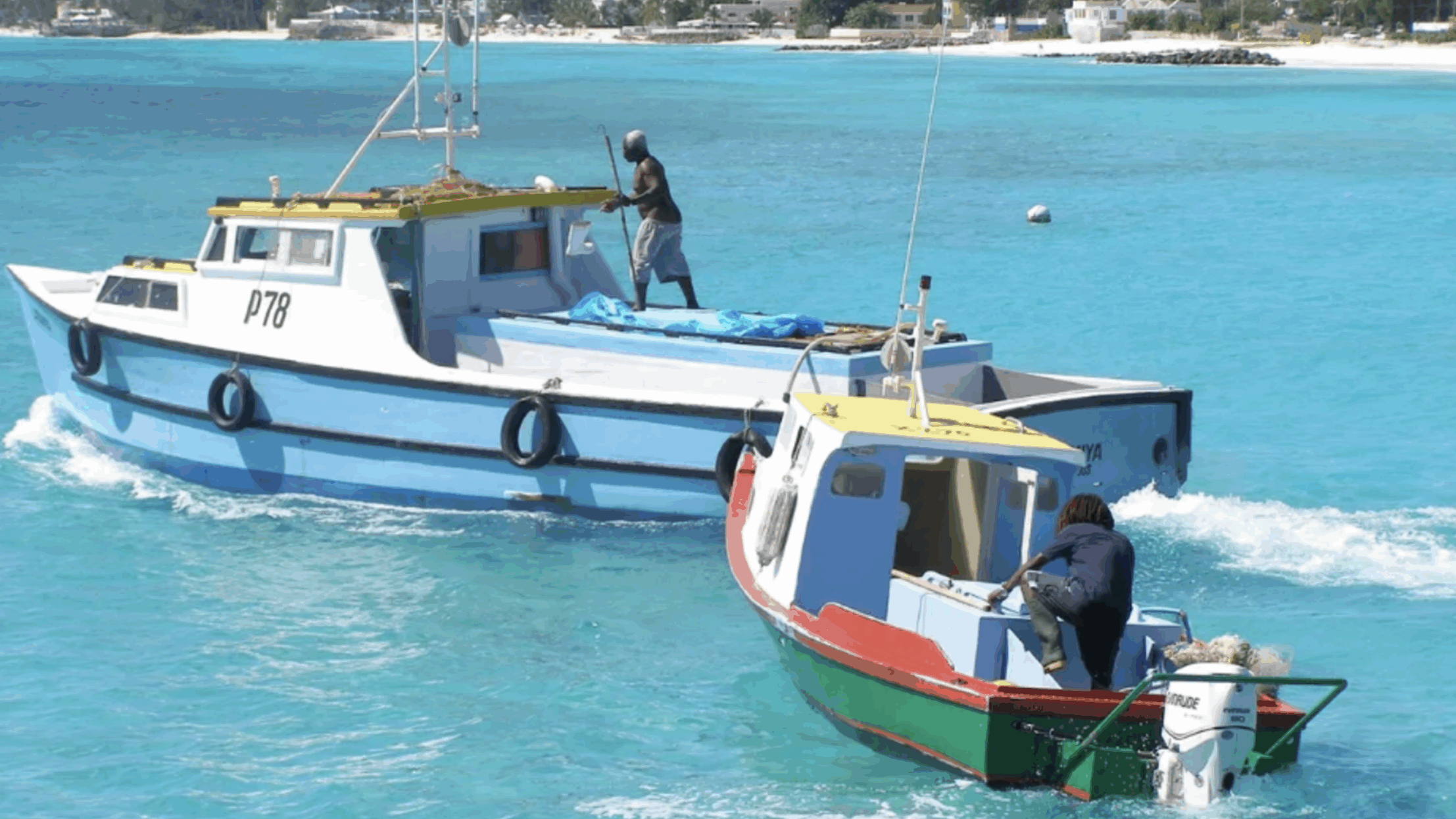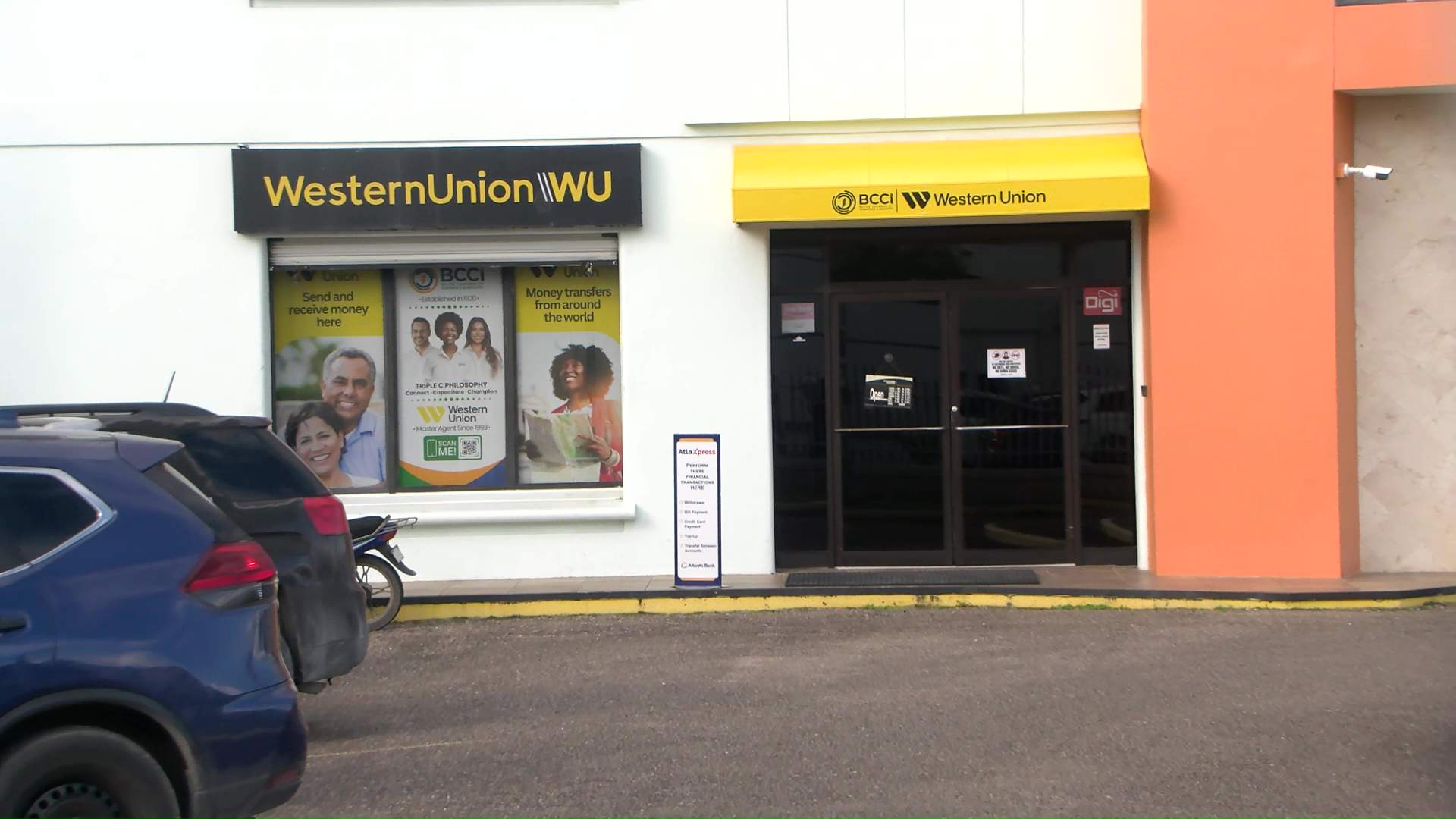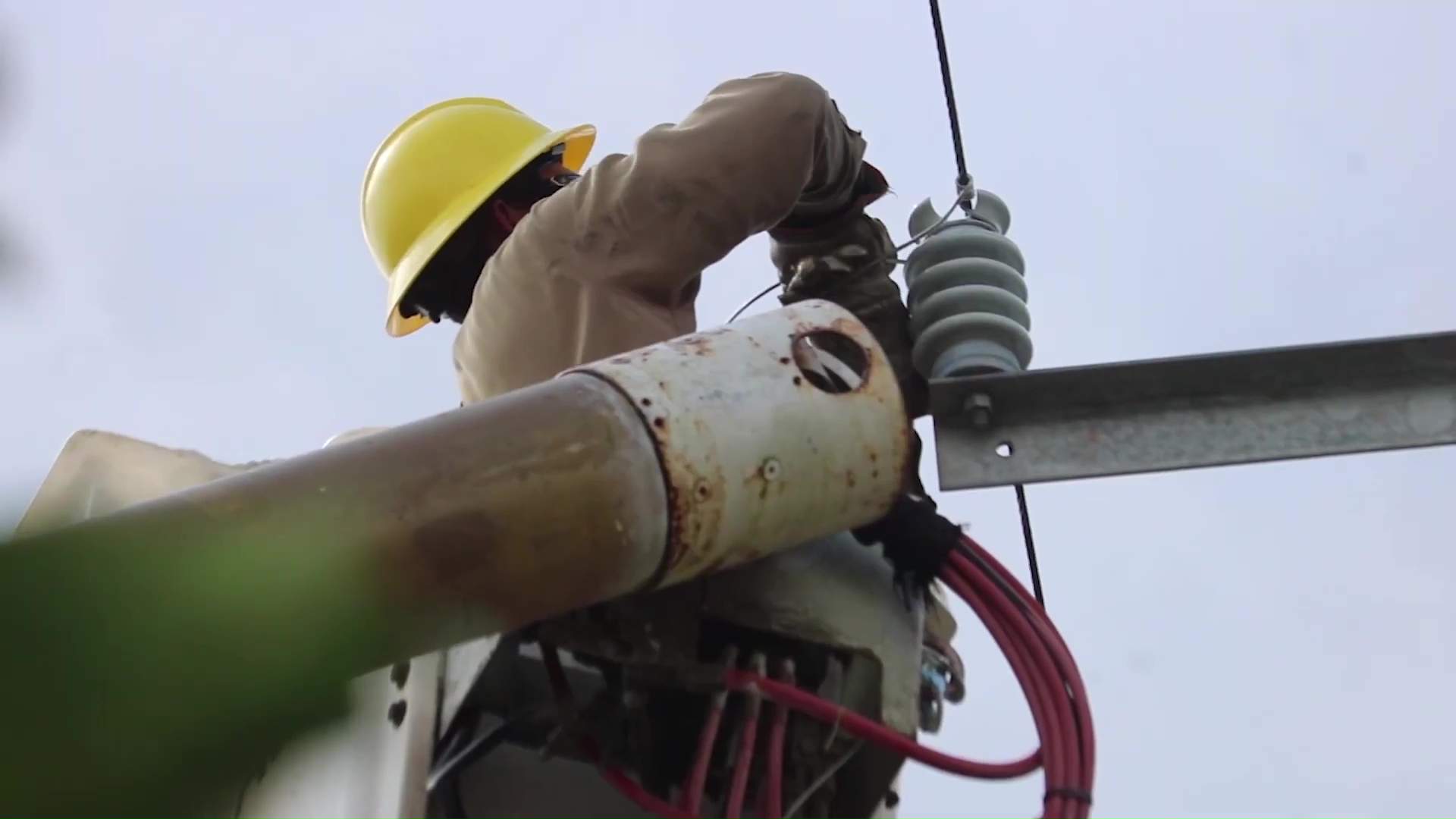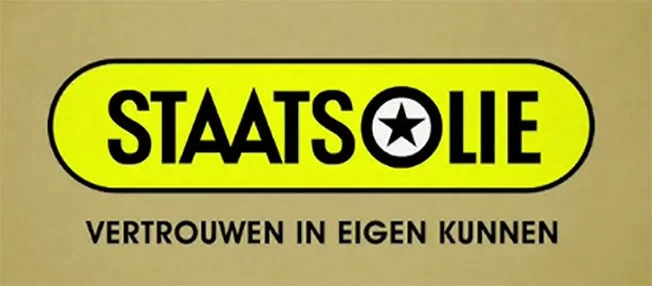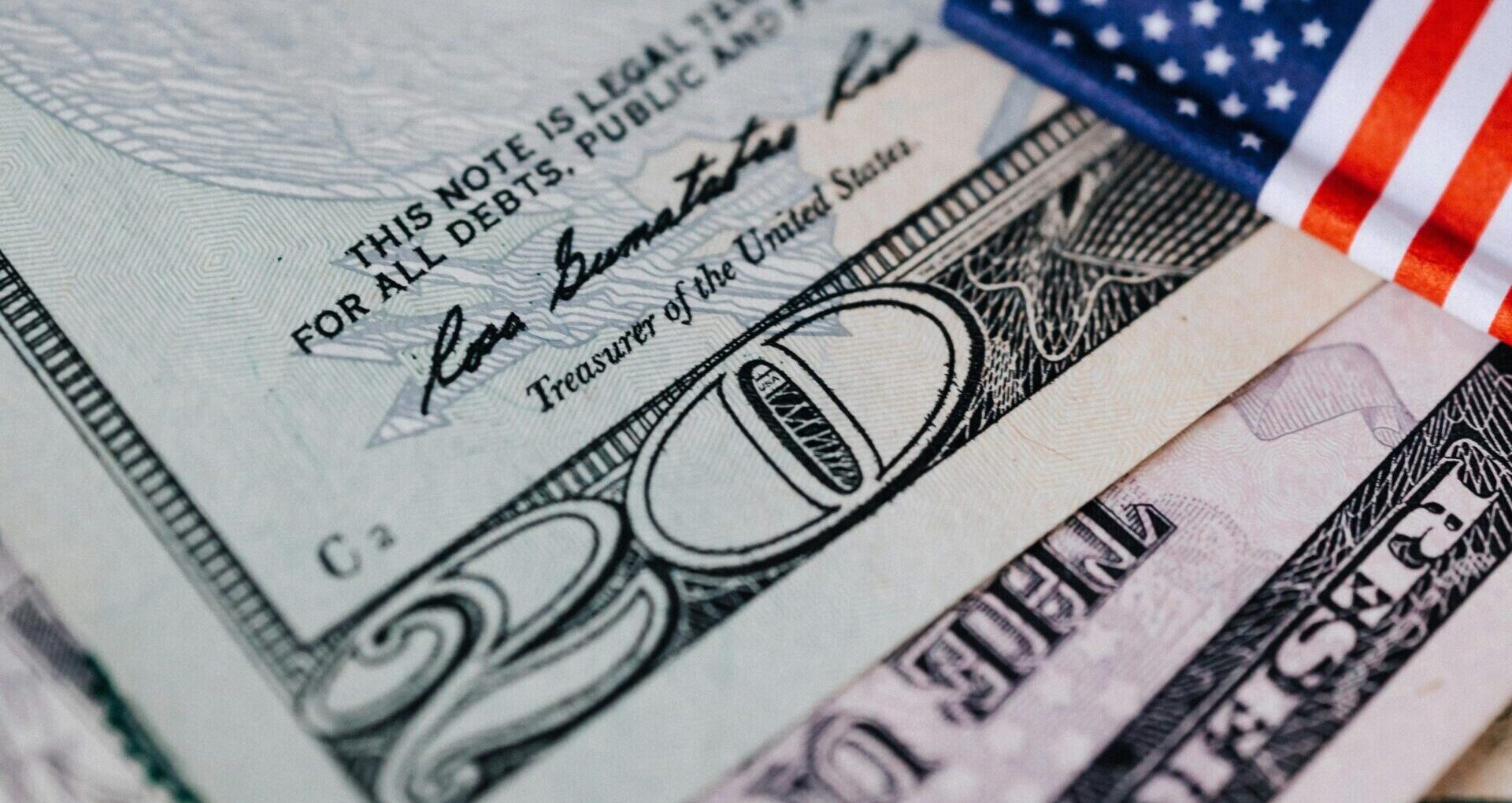Barbados has strategically positioned itself as a premier nautical tourism destination with the successful hosting of the Grand Large Yachting World Odyssey 2025 event. The recently completed expansion of Shallow Draught Marina welcomed 17 luxury yachts carrying 65 passengers and crew, marking a significant milestone in the island’s maritime infrastructure development.
The $25 million redevelopment project, executed by Barbados Port Inc. (BPI) with support from Barbados Tourism Marketing Inc. (BTMI), has fundamentally transformed the marina’s capabilities. The facility now boasts double its previous berthing capacity alongside comprehensive amenity upgrades including new retail spaces, modernized restroom facilities, expanded storage areas, and a revitalized fresh fish market.
Engineering resilience was prioritized through the installation of an advanced wave attenuation system designed to protect vessels during adverse swell conditions. Additional enhancements scheduled for 2026 completion include a new fuel dock, convenience store, restaurant, and coffee shop, creating a fully integrated maritime hospitality complex.
BPI CEO David Jean-Marie emphasized the strategic significance: “We’ve created a facility that sets the stage for unforgettable journeys. This event signals our readiness with world-class infrastructure and services for international visitors seeking nautical adventures.” He highlighted the seamless clearance process achieved through collaboration with Customs and Immigration departments via the new national Maritime Single Window system.
Event manager Victor Taburiaux noted Barbados’ geographical advantage: “As the first island crossing the Atlantic Ocean, Barbados naturally serves as the ideal stopping point. Our positive 2021 experience combined with these substantial improvements made returning an obvious choice.”
The arrival celebration featured authentic Bajan hospitality with traditional tuk band music, cultural attire, rum punch, and sorrel beverages. Captain Pablo Ussia of yacht ‘Kairos’, the rally’s first arrival, described his emotional Atlantic crossing: “This journey fulfilled a lifelong dream. Our 12-day passage proved perfectly timed with ideal weather conditions.” Many participants plan extended stays, with Captain Ussia anticipating a month-long island exploration and family reunion during the holiday season.
BTMI’s Sports Manager Kamal Springer confirmed the event validates Barbados’ capacity to host major nautical events: “This testing opportunity demonstrates we can target more premium sailing events to attract higher-value visitors.” The extended stays of World Odyssey participants are expected to generate substantial economic impact while showcasing Barbados’ transformed capabilities as a leading Caribbean yachting destination.

